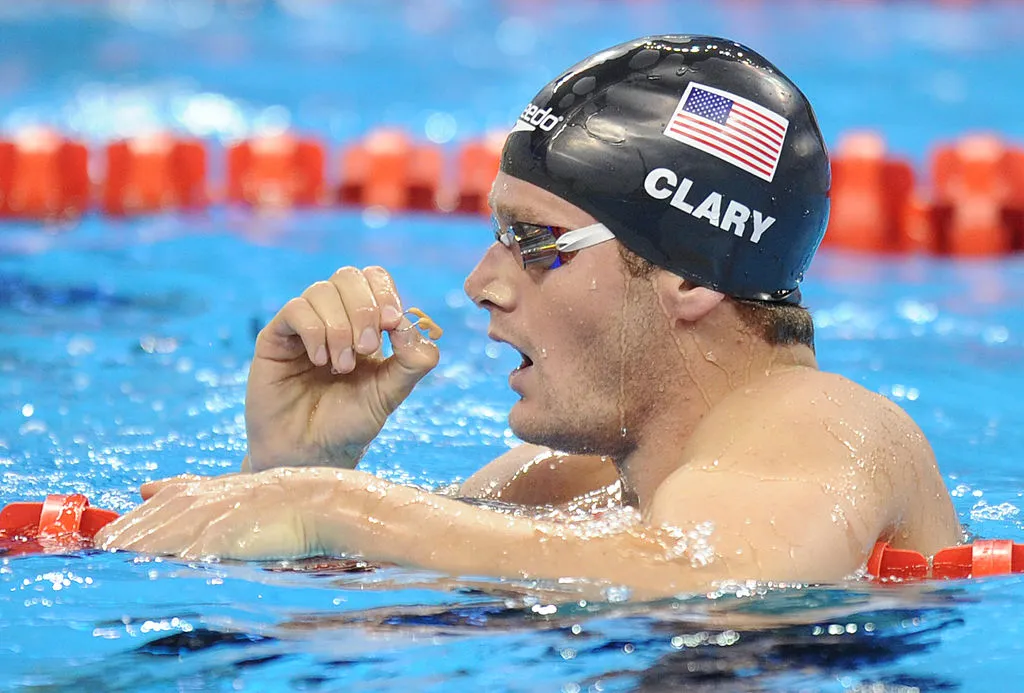According to a 2010 research article the entitled Exercise-induced rhinitis in competitive swimmers, sneezing and general nasal irritation after swimming is a relatively common complaint and something that can seriously affect health and performance in a minority of athletes, who are particularly badly affected.
It’s thought that the main culprits behind this annoying phenomenon are: water getting into the nose causing irritation of the delicate membranes in there; and, in some cases, reactions between commonly-used chemicals, like chlorine, and the bacteria, dirt and other things that inevitably gather in a pool releasing small amounts of various gases, which can also irritate the nasal cavity.
Use a nose clip
There are few totally reliable ‘cures’ to the problem, but if you’re suffering with it badly then a nose clip for swimming is perhaps the number one option to try. These can be annoying in themselves for some people, but should drastically reduce the amount of water entering the nose in the first place and therefore reduce the irritation leading to sneezing afterwards.

Breathe correctly
Making sure you use a proper breathing technique, and exhaling from the nose and mouth when underwater, is another way to reduce the amount of water getting up your nose if a nose clip is not a serious option for you.
Shower post-swim
Also try and shower in fresh water immediately after leaving the pool, thoroughly cleaning and washing your face and potentially even using a saline nose spray to help clear pool water from the nasal cavity.
Of course, if none of the above help then a visit to your doctor for some more individualised advice is likely to be the best bet.
